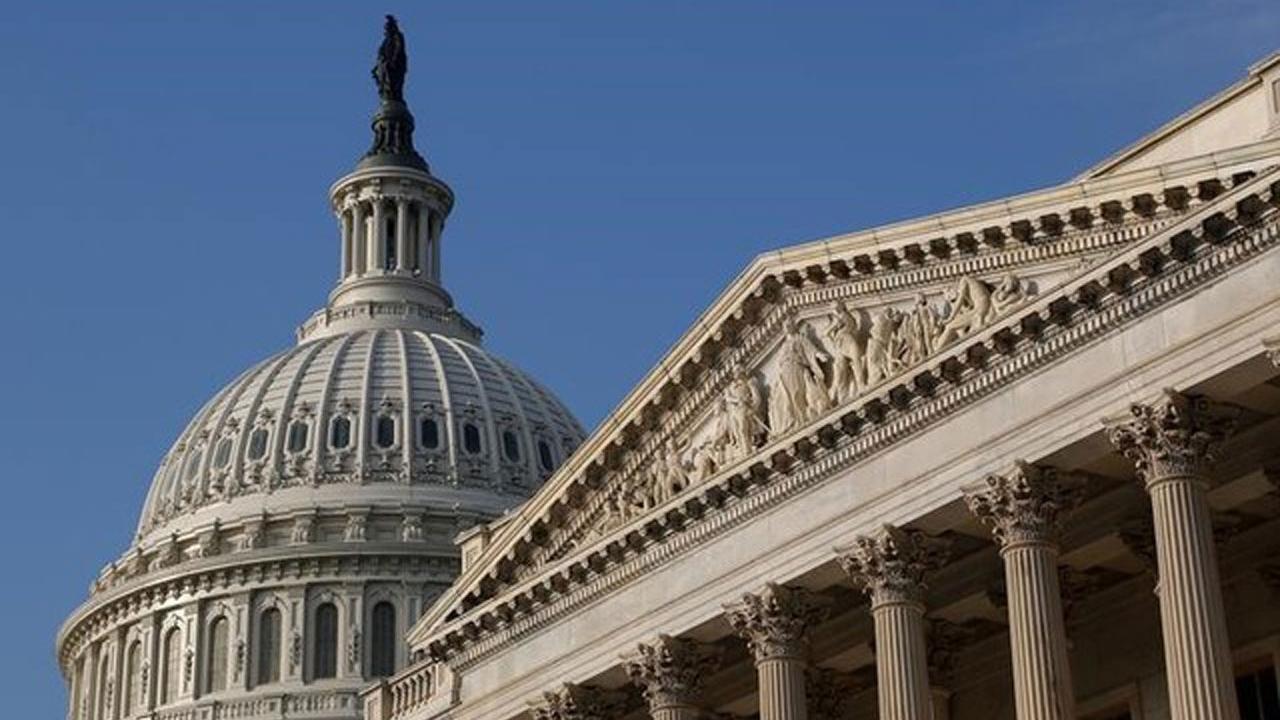Shutdown shapes up as day-one test for new Congress
WASHINGTON—When the new, politically-divided Congress convenes Thursday, its ability to govern will immediately be put to the test as a partial government shutdown enters its 13th day.
House Democrats, who have regained control of the chamber, plan to put forward a packageof six, full-year spending bills that would fund most of the rest of the government through September. Separately, they will propose a short-term patch extending current funding through Feb. 8 for the Department of Homeland Security, which would provide more time to negotiate a settlement over funding for a border wall.
Senate Majority Leader Mitch McConnell (R., Ky.), who has led his party in the chamber since 2006, has put the onus of finding a solution to the deadlock on Senate Democrats and President Trump. Mr. McConnell will have a 53-47 Republican majority to work with, two more seats after the midterm elections than he had last year, but short of the 60 votes needed to advance the spending bills.
Mr. McConnell’s spokesman Don Stewart said the majority leader wouldn’t take up the legislation in the Senate without public support from the president, who must sign the measures into law. Mr. Trump hasn’t signaled that he would support the Democratic proposal, tweeting Tuesday that “the Democrats, much as I suspected, have allocated no money for a new Wall.” and adding “without a Wall there can be no real Border Security.”
Mr. Trump has invited the bipartisan congressional leadership to the White House for a briefing Wednesday on border security by top administration officials.
A new Congress usually opens amid celebration; rarely is it forced to consider consequential legislation, such as a bill to reopen the government, on the first day. The 116th Congress is the most diverse in terms of race and gender, and both chambers will include more members hailing from their parties’ more ideologically extreme wings. It is also the least politically experienced in the House chamber’s history, according to an analysis by The Brookings Institution.
The fight over money for a wall along the southern U.S. border has united Democrats behind California Rep. Nancy Pelosi, who brokered several deals to secure her party’s support for speaker. In 2007, she became the first woman to hold the gavel, and she is now poised to become the first speaker since 1955 to regain it after losing it.
Her once-detractors have turned to praise her for deftly handling the president, who tried to cast doubt that she had support from her party.
“She’s very good at working the levers to power in the Congress,” said Rep. Tim Ryan of Ohio, who was part of a group whose demands led Mrs. Pelosi support term limits for House Democratic leaders. “But it works if you have an honest broker on the other side.”
While Mrs. Pelosi organizes her new majority, Mr. McConnell must grapple with new electoral politics that may cause some GOP senators to vote differently.
In 2020, 22 Republican Senate seats are on the line, while Democrats will defend 12 seats. Several Republicans, such as Sens. Cory Gardner of Colorado and Susan Collins of Maine, are in states that could make them vulnerable should they align too closely with the president on immigration policy.
Democrats are staunchly opposed to funding a border wall, though they have said they are willing to spend money on border security. Mr. Trump is demanding $5 billion for what he has called a wall, a barrier or a fence.
Democrats have little incentive to agree to Mr. Trump’s demands because there is lukewarm public support for the border wall beyond the most loyal Trump supporters.
“We just had an election where the closing argument was immigration” and Democrats won back the House, said Jim Kessler, executive vice president at Third Way, a centrist Democratic think tank.
Some Republicans worry their party made a misstep by not sending the president legislation that would have kept the government open. In December, the Senate unanimously passed a spending patch to Feb. 8, but the House instead passed a bill that included $5.7 billion for a border wall, which didn’t have enough support in the Senate to pass.
“It is more likely Republicans will draw this out for weeks, while looking for a face-saving measure that ultimately leaves them with a similar—or even less desirable—policy outcome to the one they had back in early December,” said Ken Spain, a former Republican leadership aide.
—Kristina Peterson contributed to this article.




















